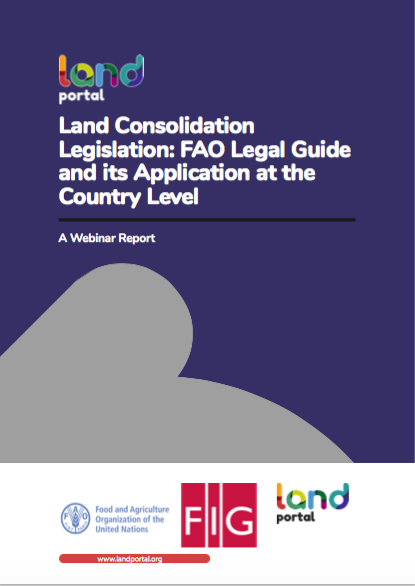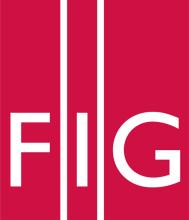Resource information
Land consolidation is a well-proven land management instrument, which has traditionally been used for agricultural development with a main objective of reducing land fragmentation and increasing holding and farm sizes. Some European countries have a land consolidation tradition that goes back a hundred years or more. It is also widespread in particular in countries in Asia but also in Africa.
In the last decades, countries in Western Europe have developed land consolidation into a multi-purpose instrument with a broader objective. Multi-purpose land consolidation can facilitate the implementation of projects related to nature restoration, climate change adaptation and mitigation and large- scale infrastructure projects where land consolidation provides an opportunity to compensate landowners and farmers in land instead of monetary compensation.
After the political changes in Central and Eastern Europe (CEE) around 1990, land reforms were in most of these countries high on the political agenda. Many CEE countries have today farm structures characterized by excessive land fragmentation and small average farm sizes. These structural problems are often hindering development of smallholder farms into commercial family farms. From the mid-1990s and onwards, many CEE countries have introduced land consolidation mainly as an instrument to address the structural problems.
This webinar served to support the application and implementation of the Voluntary Guidelines on the Responsible Governance of Tenure of Land, Fisheries and Forests in the Context of National Food Security (VGGT) and achieving SDG targets such as 1.4, 2.3 and 5.a. The objective of this discussion was to promote good land consolidation practices and the practical application of the FAO Legal Guide.
Speakers:
Margret Vidar, FAO
Marije Louwsma, FIG Commission 8
Raimund Jehle, FAO REU
Frank van Holst, Netherlands Enterprise Agency
Kristina Mitic Arsova, FAO North Macedonia
Tomas Versinkas, FAO Internationa Legal Consultant
Kiril Georgievski, Ministry of Agriculture, Forestry and Water Economy, North Macedonia
Watch again!
A complete recording of the webinar can be found here: https://www.youtube.com/watch?v=N-bSV28xCEY




